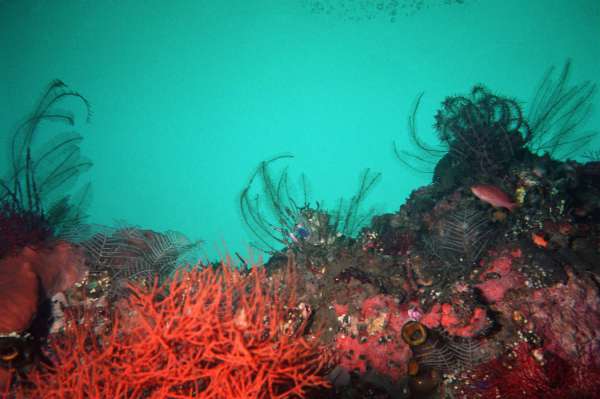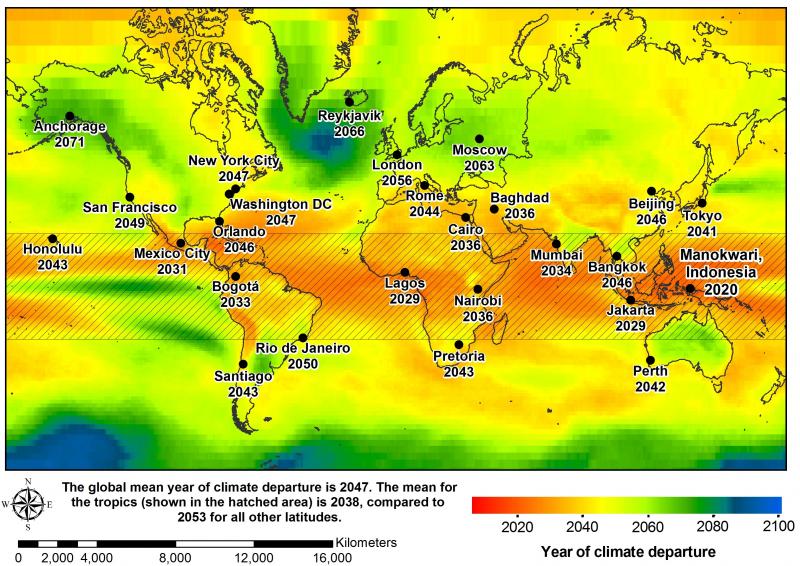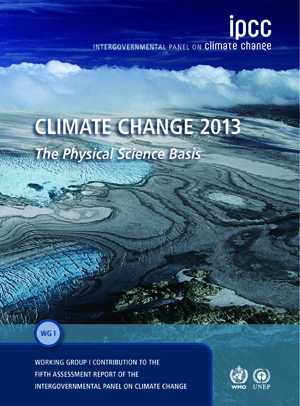You are here
Thu, 2009-01-29 13:15 — mdmcdonald
The mission of this working group is to explore the evidence regarding points of leverage assisting human groups in coping with or reducing the risk of global climate change.
General Topic Tags:
Problem, Solution, SitRep, or ?:
Group:
Group description:
This working group is focused on issues of Global Climate Change.
Group visibility:
Public - accessible to all site users
Add Content to this group
Members
| admin | Albert Gomez | Amanda Cole | Anthony | ChrisAllen | david hastings |
| fosternt | Kathy Gilbeaux | Maeryn Obley | mashalshah | mdmcdonald | MDMcDonald_me_com |
| Nguyen Ninh | StarDart |





 state.gov
state.gov newscientist.com - by Fred Pearce - October 4, 2013
newscientist.com - by Fred Pearce - October 4, 2013 ipcc.ch - Intergovernmental Panel on Climate Change
ipcc.ch - Intergovernmental Panel on Climate Change submitted by Margery Schab
submitted by Margery Schab
Recent Comments